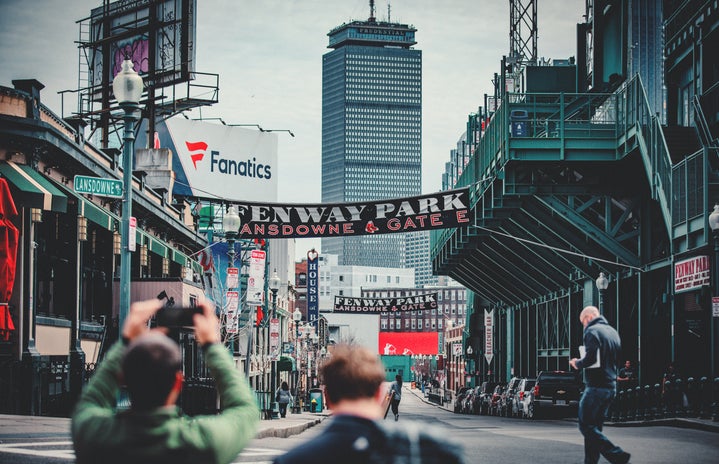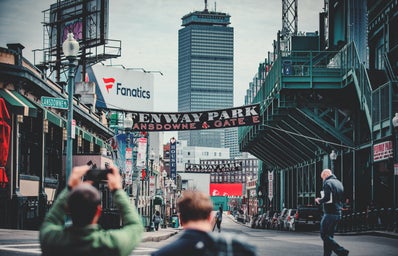This week, I’d like to discuss a Bostonian icon… not Mark Wahlberg, not Ben Affleck, not even Chris Evans, although I could definitely write a whole article about him. I’m talking about Charlie, of “CharlieCard” or “CharlieTicket” fame.
You may have wondered to yourself as you pay your fare for the T, “Why is the guy on the ticket named Charlie?” After all, New York has MetroCards and D.C. has SmarTrip cards.
Source: Mr.TinDC on Flickr
Those seem like much more generic, normal names for a subway pass. But of course, this is Boston, so what would we be doing if the name of the pass for the T didn’t have a little history behind it?
Until 2006, the “Subway Pass” was only used for monthly riders, while daily riders paid with tokens. When the system changed so all riders would use tickets or cards, the MBTA searched for a new name for the Subway Pass. I love the CharlieCard concept, for reasons I’ll explain in a moment, but first I have to give props to some of the incredible runners-up.
“The Fare Cod” is one of my personal favorites, because it’s a play on the way a local with a Boston accent might pronounce “card” and also a cod pun, because cod used to be an important aspect of the Massachusetts economy. “T Go Card” was also a proposed name, but clearly the MBTA realized that they could do better than that.
So where does CharlieCard come from? In 1948, a folk song called “M.T.A.” was released in protest of the city of Boston’s five-cent exit fare hike. In this time, passengers would have to pay in order to exit the T, which birthed the story of Charlie, the protagonist of “M.T.A.” who couldn’t afford his exit fare. The song goes:
When he got there the conductor told him,
“One more nickel.”
Charlie could not get off that train.
The picture of Charlie riding back and forth on the T, day-in and day-out, apparently stuck with listeners. The song continues with a catchy chorus that asks:
Well, did he ever return?
No he never returned and his fate is still unlearned (what a pity)
He may ride forever ‘neath the streets of Boston
He’s the man who never returned
The writers, Jacqueline Steiner and Bess Lomax Hawes, originally wrote this protest song for Walter O’Brien’s 1949 mayoral bid, but the Kingston Trio released a revised version without his name in the lyrics in 1959.
A full performance can be seen here:
While simple and unassuming, CharlieCards are just one more example of how Boston’s history is woven into the everyday lives of its residents to this day.
Want to keep up with HCBU? Make sure to like us on Facebook, follow us on Instagram, check out our Pinterest board, and read our latest Tweets!



